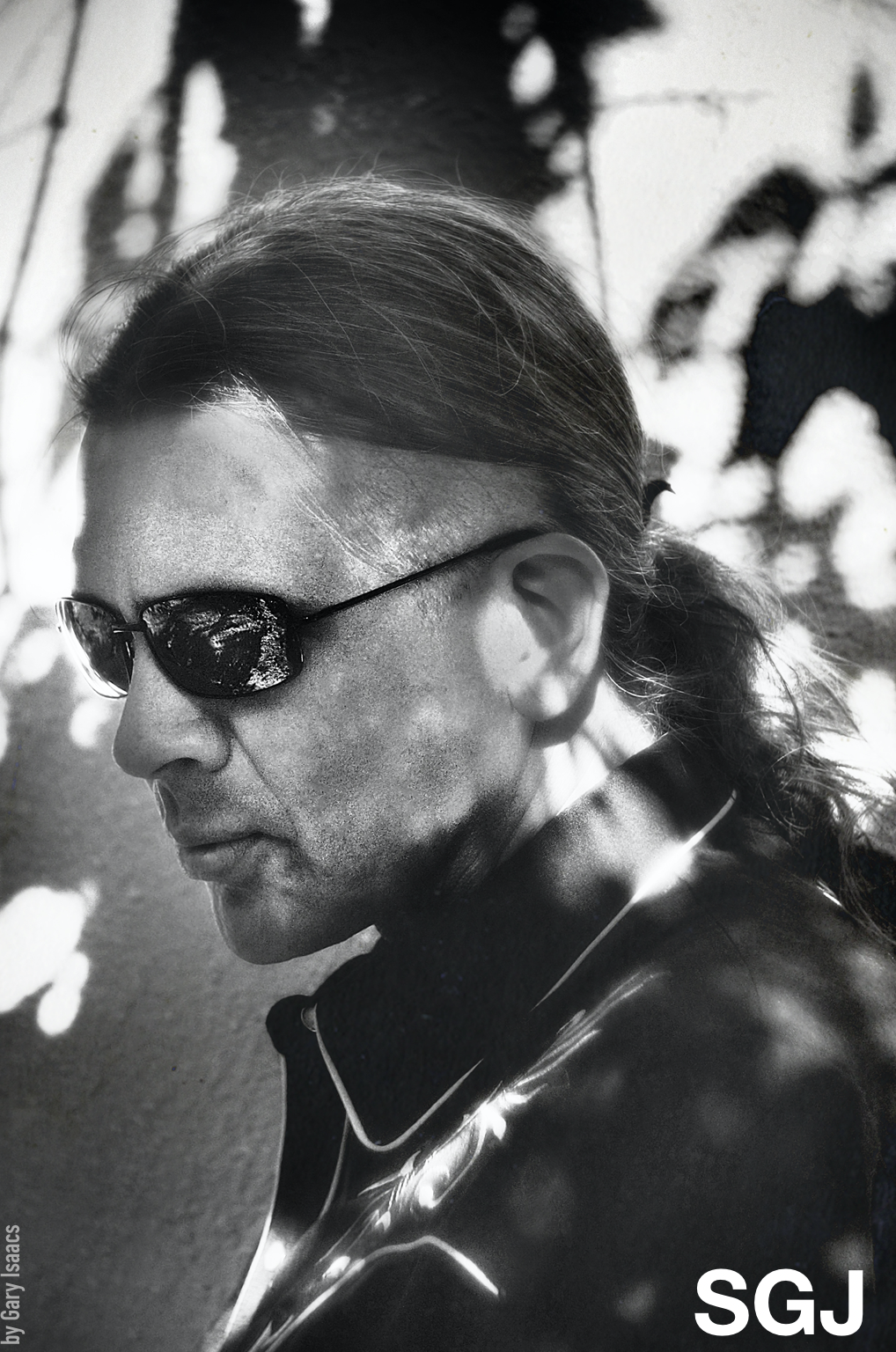Here’s a bit of writing you don’t see much of anymore:
Stonehill was not in a quarrelsome mood that morning, indeed he was not snorting or blowing at all but rather in a sad, baffled state like that of some elderly lunatics I have known. Let me say quickly that the man was not crazy. My comparison is not a kind one and I would not use it except to emphasize his changed manner.
Okay, first, “Elderly Lunatics I Have Known” would be a great title for just about anything. A poetry book on equine husbandry, a technical manual about the automobiles that never made it into production, whatever.
More important, though, note the immediate ‘self-correction’ of “Let me say quickly that the man was not crazy.” What this speaks of is either handwriting where paper and ink are at a premium, or typewriting, where you can’t just backspace up a few words, say it right the first time. I can’t imagine writing on anything but a computer, but still, I think the convenience and capabilities of word-processing have changed the way we correct ourselves through a story. You longer ‘see’ the corrections, I mean. But, in those corrections—this is where Mattie Ross lives, isn’t it? Constantly having to bite her sharp tongue back? Also, this ‘self-correction’ serves to make True Grit a kind of textual artifact rather than a produced work of fiction, which in turn lends it a bit of legitimacy. It’s a rhetorical device to get us to believe in these events. And it works, completely.
Kind of makes me want to study up on my Neal Stephenson, especially between, say, Cryptonomicon and the big trilogy, which I remember him saying he was going to write with a fountain pen, to try to keep things brief. Not sure if he really did that, though. Or: brief?

 is the NYT bestselling author of 30 or so books, +350 stories, some comic books, and all this stuff here. He lives in Boulder, Colorado, and has a few broken-down old trucks, one PhD, and way too many boots. More
is the NYT bestselling author of 30 or so books, +350 stories, some comic books, and all this stuff here. He lives in Boulder, Colorado, and has a few broken-down old trucks, one PhD, and way too many boots. More